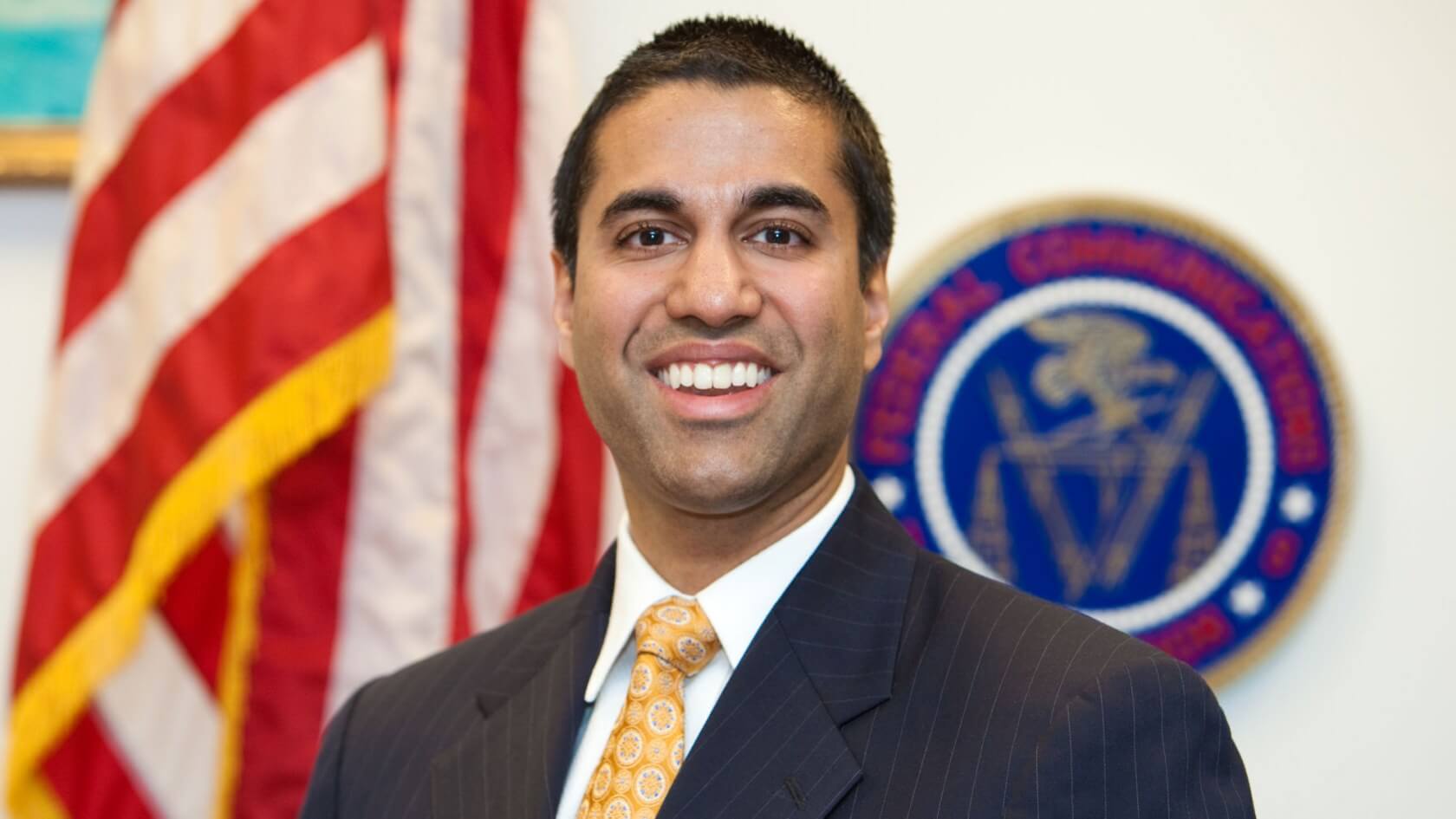In context: US government officials have grown sick of dealing with robocall complaints over the past couple of years, and have near-unanimously voted across party lines to put a stop to them. Multiple anti-robocall bills have passed through the Senate and Congress, and individual regulatory boards – such as the FCC – have passed rules that ban or restrict the frustrating practice.
Yesterday, the FCC revealed in a press release that its members have voted to restrict robocalls even further. From here on out, robocalls and automated text messages that use fake caller IDs (to convince consumers to pick up the phone, or respond to a text) are banned outright.
Should any bad actors ignore this ruling and continue operating as usual, the FCC says it now has the power to bring "enforcement actions" against them. It's not entirely clear what those actions may consist of, however.
The following excerpt from FCC Chairman Ajit Pai's full statement illustrates the problem:
In the first half of this year alone, the FCC received more than 35,000 consumer complaints about caller ID spoofing. Whether it's neighborhood spoofing [or spoofing] the number of a company or government agency that consumers know and trust, scammers continue to hide behind spoofed numbers to deceive and defraud American consumers out of money and personal information...
...Today, we rely on new authority provided by Congress in RAY BAUM'S Act to update our rules to cover these additional forms of spoofing... With these changes, the FCC will be able to go after bad actors who spoof text messages and those overseas who prey on consumers in this country.
It remains to be seen how effective the FCC will be when it comes to battling robocalls, but given how much attention the topic is receiving throughout the US – from phone companies, regulators, and consumer advocates alike – an end to the irritating practice (or at least relief) may finally be in sight.
